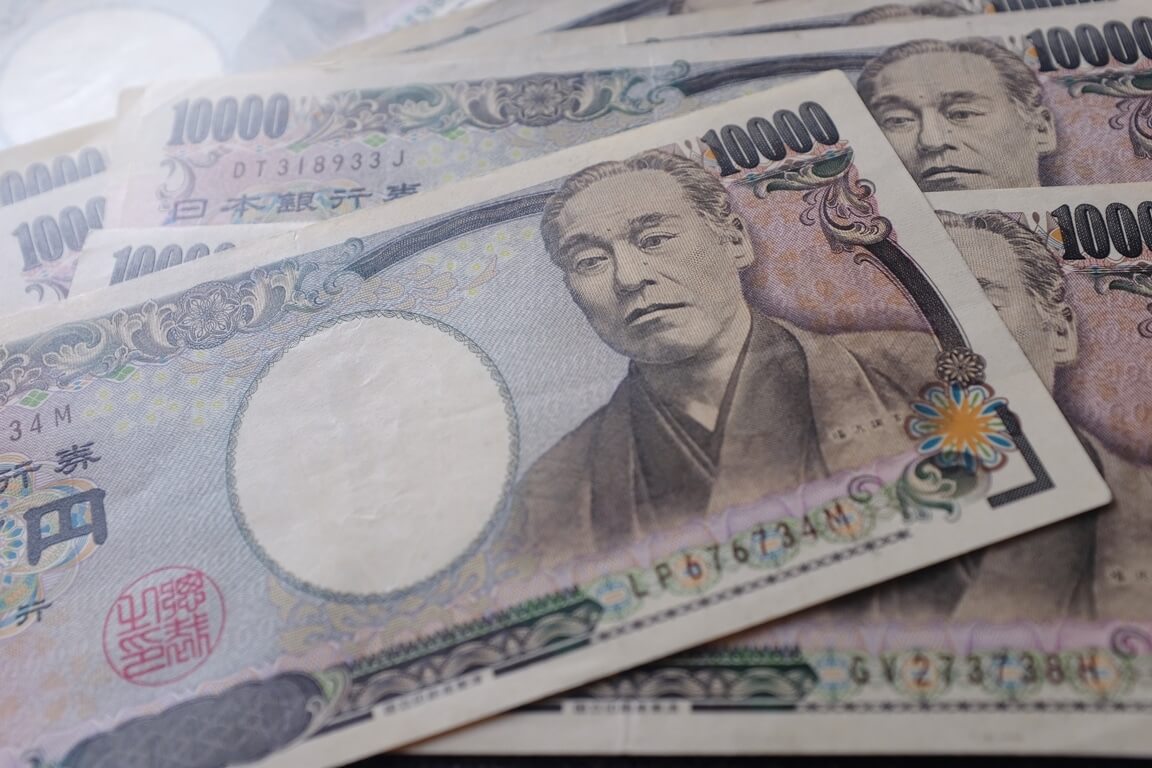
Japanese Yen rallied on Friday. What about the dollar?
The Yen surged forward against the U.S. dollar on Friday after two government officials said that Kazuo Ueda might become the next BOJ governor. However, the currency plummeted shortly afterward due to Ueda’s comments. He is considered more hawkish than other candidates. Nevertheless, Ueda stated that the Bank of Japan remained on the right path, and he agreed with the ultra-easy monetary policy.
Investors hope that the BOJ will change its stance and become more hawkish. Consequently, Ueda’s announcement caused the Japanese Yen to decline. According to Nikkei’s report, the authorities planned to nominate academic Ueda to the governor’s post. This news bolstered the Yen until Ueda dashed traders’ expectations.
On Friday, the greenback tumbled by 1.2% to 129.8 Japanese yen. However, it exchanged hands only 0.5% lower at 130.90 yen at last. The dollar recovered almost half of its losses. The Bank of Japan surprised markets in December. It increased the cap on 10-year government bond yields from 0.25% to 0.5%. Since then, investors have argued whether the bank would go further and actually hike interest rates. But the BOJ maintained its policy at its last meeting.
Until recently, BOJ deputy governor Masayoshi Amamiya was the most likely candidate to take the post. But he decided to decline the job. Simon Harvey, the head of FX analysis at Monex Europe, noted that investors thought Amamiya would continue Kuroda’s (current BOJ governor) work. But that’s not happening. While the central bank’s future decisions depend on spring wage negotiations, the new governor might also change course.
How are European fiats faring?
The common currency declined against the Yen, shaving off 1%. However, it managed to recover some of the losses later and traded lower by 0.6% to 140.34 yen at last. The British Pound also lost 1% versus the Japanese currency, exchanging hands at 158.53 yen. Meanwhile, the Aussie dollar plummeted by 0.4%.
Against the U.S. dollar, the euro dropped by 0.1% to $1.0726. It seemed poised to experience a second consecutive week of losses. Sterling traded flat at $1.2118 today, though. The U.K. has avoided a technical recession thus far. Despite that, the reports showed that the economy hasn’t grown at all in the final three months of 2022.
On Friday, the U.S. dollar index remained mostly steady at 103.17 against the basket of six major currencies. It moved in a narrow range. Overall, the index seems set to gain 0.2% this week. It will likely be its second consecutive positive week after the currency’s heavy losses over the last months.
Furthermore, the Norwegian krone rallied versus the dollar and euro on Friday. The country’s core inflation rate skyrocketed in January, hitting its highest level. According to Monex Europe’s Harvey, Norway and Sweden are in a similar situation. Both countries are trying to bring down domestic inflation. They will likely be forced to hike interest rates more than they prefer. Sweden’s central bank already increased its key interest rate to 3% on Thursday.
What about the EM currencies?
Most Asian emerging currencies struggled recently due to the dollar’s rally. They seemed set to end this week with losses. Stocks in the region also delinked significantly as market sentiment moved towards a risk-off.
On Friday, Indonesian rupiah dropped by 0.3%. It seemed set to end this week with 1.5% losses. The Philippine peso also suffered. It fell by 0.1%.
Moreover, Thailand’s baht experienced its worst week since late November 2021. The currency has soared by 2.7% thus far in 2023. But it shaved off 0.3% today.
Malaysia’s ringgit also tumbled by 0.4%. It was on track for a 1.7% plunge for this week. On the other hand, equities in Kuala Lumpur surged forward by 0.5%. In the fourth quarter, the country’s economy outperformed analysts’ expectations. That was partly due to robust domestic demand. Malaysia’s central bank stated that the country would likely avoid a recession despite the global economic slowdown.
According to the reports, its gross domestic product (GDP) for the last year came out 8.7% higher compared to 2021. That is the country’s fastest full-year growth in the last 22 years. However, its central bank kept the benchmark interest rate unchanged in January. That step surprised markets. But the bank is cautious about avoiding a recession after four consecutive rate increases in 2022.




